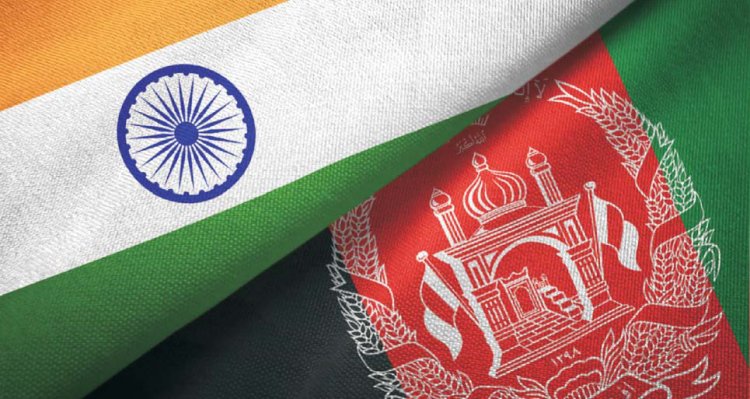Afghanistan: Indian Diplomacy at Work

India has been closely monitoring the unfolding developments in Afghanistan.
Indian Ambassador to Qatar Deepak Mittal met senior Taliban leader Sher Mohammad Abbas Stanekzai in Doha Tuesday, in the first formal and publicly acknowledged contact between the two sides.
The same day PM Narendra Modi discussed the evolving situation in Afghanistan with Charles Michel, President of the European Council. The two will expand their dialogue and coordination over Afghanistan.
Separately, External Affairs Minister S Jaishankar spoke to his British counterpart Dominic Raab Wednesday on the situation in Afghanistan, their second such conversation in a week. India has been in constant touch with all major countries on the fast-paced developments in Afghanistan. Jaishankar also spoke to Omani Foreign Minister Sayyid Badr Al Busaidi the same day.
UNSC resolution on Taliban
More importantly, the United Nations Security Council (UNSC) under India’s presidency, adopted a resolution that gave de facto recognition to the Taliban as a state actor in Afghanistan. The resolution, sponsored by France, UK and the US, was adopted with 13 members, including India, voting in favour, none against it. But permanent and veto-wielding members Russia and China abstained.
The resolution said the territory of Afghanistan is not to be used to threaten any country or shelter terrorists, and that the international community expects the Taliban to adhere to the commitments they made regarding the safe and orderly departure of Afghans and all foreign nationals from the country.
Foreign Secretary Harsh Vardhan Shringla chaired the session in which the resolution was adopted — India’s presidency ended Tuesday. He said the resolution “unequivocally” conveys that Afghan territory should not be used to threaten or attack any nation, shelter or train terrorists, and this is of “direct importance to India”. He said it sends a “strong signal” from the international community on its expectations from Kabul.
The UNSC resolution named the Taliban five times, but did not condemn the grouping. Rather, it “noted” Taliban’s “commitments” about “the safe, secure, and orderly departure of Afghans and all foreign nationals from Afghanistan”.
The resolution also stressed the importance of maintaining humanitarian access, upholding human rights, reaching an inclusive political settlement and combating terrorism. It did not, however, spell out any provision to punish the Taliban if they failed to allow such departures or follow the commitments.
Emerging Russia-China-Pakistan cooperation
The UNSC resolution writes the Indian Express “has shown up the big power rift in the new geopolitics of Asia since the Taliban takeover of Afghanistan. Russia and China abstained and the US, France, UK and 10 non-permanent members voted for the resolution. The reason for the divide is not far to see. In the virtual surrender of the US to the Taliban, Russia senses an opportunity to get into the driver’s seat in Asia. Over the last decade or so, Russia opened channels of communication with the Taliban, and shelved its Afghan war humiliation to repair relations with Pakistan. In the run-up to the 2020 Doha Agreement between the Trump Administration and the Taliban, and since, Moscow has made the case for a larger role for the radical Islamist group in post-US Afghanistan. Beijing, through its proximity to both Russia and Pakistan, hopes to fill the vacuum left behind by the US. Both countries want to keep all options open with the Taliban, not draw red lines around themselves with a resolution which, while all but recognising the new rulers of Afghanistan, demands that Afghan territory not be used by terrorists for attacks against other countries. The Russia-China-Pakistan cooperation on Afghanistan could become more apparent in the coming days, specifically at the mid-September SCO summit in Dushanbe.”
















